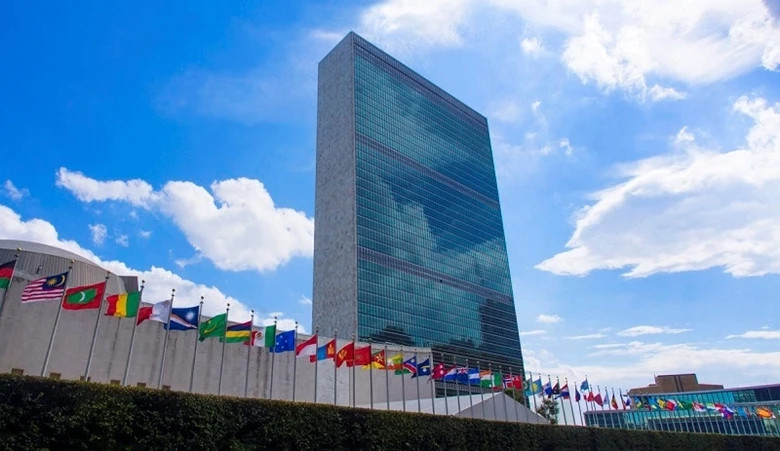In a recent speech on the United Nations' operating budget, Secretary-General Antonio Guterres emphasised that this agency is facing challenges on every front. Conflicts are disrupting the lives and livelihoods of millions, the nuclear threat is growing, human rights are under assault, and humanitarian needs are at record levels. Inequalities are growing wider and the prospects of achieving the Sustainable Development Goals (SDGs) are growing more distant, while climate disasters are becoming more frequent, more deadly, and more costly.
Duties and responsibilities are increasing, but resources for United Nations activities are not fully met. According to Guterres, as of the end of the third quarter of 2023, the United Nations has collected only 64% of the full year figure, compared to 71.9% in 2022 and 82.7% in 2021.
To align cash outflows with reserves, temporary cash management measures were introduced in mid-July in the hope of discontinuing them by end of September. However, the UN had to introduce additional measures in September.
As in the recent past, programme managers will strive to minimize the negative impact on programme delivery. But, protracted cash conservation measures, including the suspension of hiring, will impact the delivery of some mandates. In the next November, they will face a difficult situation when the budget is nearly exhausted. The implementation of the programmes in 2024 will also be significantly affected.
Budget shortage is also one of the major challenges that United Nations agencies have continuously faced in recent times. United Nations High Commissioner for Refugees (UNHCR) Filippo Grandi emphasised that this agency is going through the most difficult time in its history of more than 70 years of formation and development; the number of people displaced from their houses worldwide is at a record high, at about 110 million people, but response funds are seriously lacking, with a shortfall of 650 million USD in funding this year.
Meanwhile, the United Nations estimates that the Humanitarian Response Plan (HRP) for Somalia in 2023 requires US$2.6 billion to assist the 7.6 million vulnerable people across the country, but so far only about 36% of this total amount has been met. The United Nations Office for the Coordination of Humanitarian Affairs (OCHA) also warned of a potential food and nutrition crisis in the context that the humanitarian assistance program for Niger has only received 41% of the total budget of 584 million USD needed.
According to OCHA, in 2023, the United Nations will mobilise more than 55 billion USD for humanitarian assistance activities for 248 million people around the world. However, as of the end of September, the grants have met less than 30% of the above needs. This situation has caused United Nations agencies to reduce aid in some hot spots such as Bangladesh, Democratic Republic of Congo, Haiti, Jordan, Palestine, South Sudan, Somalia, and Syria. Experts have emphasised that the price to pay for lack of operating funds is the health and even the lives of many people. The UN World Food Program (WFP) cut rations for 10 million Afghans in 2023 and warned of a "catastrophic" winter if funding runs out, with little food for remote communities.
In order for the largest multilateral organisation on the planet to maintain and increase the effectiveness of its operations, ensuring financial resources is an urgent issue. Guterres proposed a budget for the United Nations' 2024 work programme and this issue will be discussed from now until the end of the year, before submitting it to the United Nations General Assembly for approval at the end of December. Experts expect that member countries will soon reach a consensus on the budget issue to ensure "financial health" for the United Nations.
















